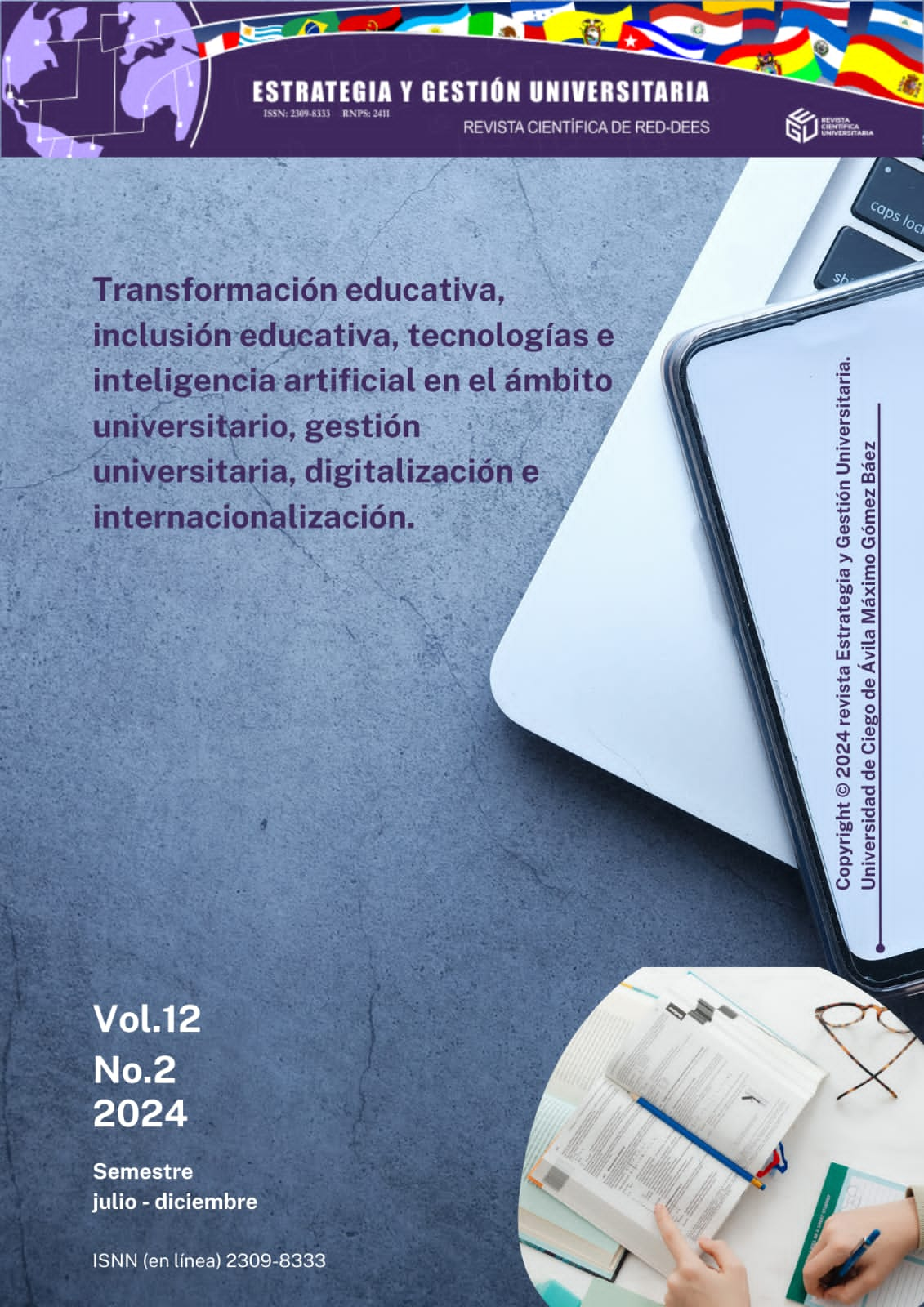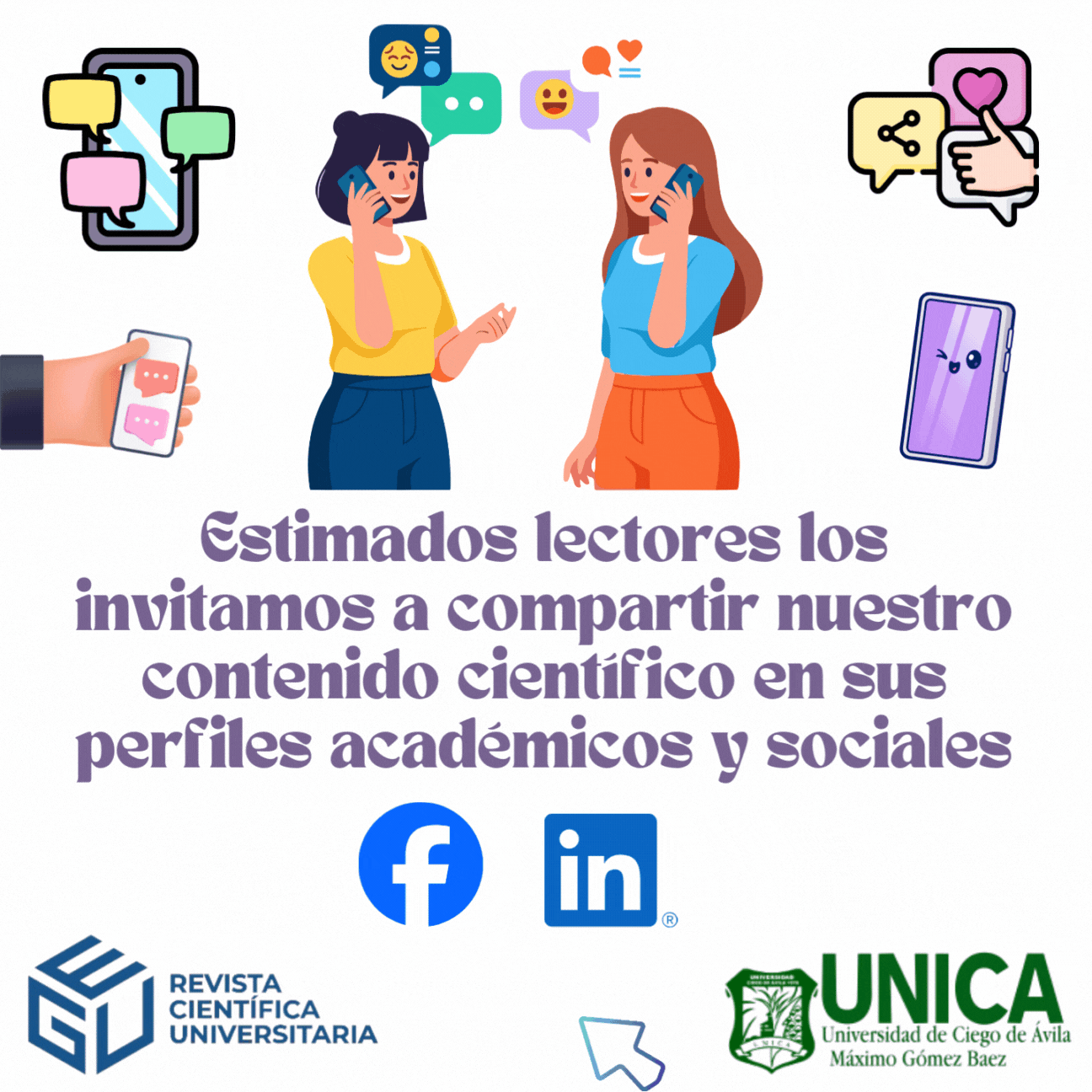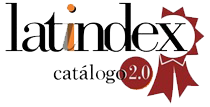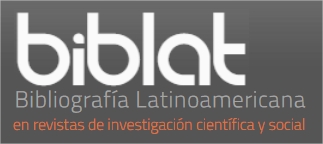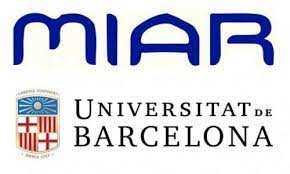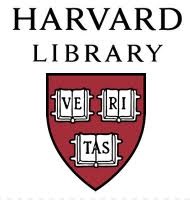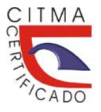Conception of interdisciplinary methodological work: its dynamics in the Physical Education discipline
DOI:
https://doi.org/10.5281/zenodo.13799334Keywords:
methodological work, interdisciplinary approach, professional improvement, pedagogical professional competenceAbstract
Introduction: to deepen the conception of the methodological work in the discipline of Physical Education, it was necessary to establish the harmonious relationship in its design for the preparation of teachers of the discipline. Objective: to characterize the methodological work in the professional pedagogical improvement of teachers of the Physical Education discipline for the Mechanical Engineering career at the Universidad de Oriente. Method: the basic method used was participatory action research, theoretical methods such as synthetic analytical, inductive-deductive and historical-logical were used, within the empirical methods, interviews and participant observations were used in the training scenarios that allowed the identification of the relevance of methodological work in the Physical Education discipline. Results: the relevance of the methodological work system was confirmed to offer an accurate treatment to the objectives of the discipline, the subject Physical Education I was taken as a case study in the first year of the Mechanical Engineering degree. Conclusion: the applied system made it possible to raise the quality of the methodological work. When collecting the satisfaction status of the subject teachers, at least 97% recognize the effectiveness of the methodological work system implemented due to its innovative and interdisciplinary nature.
Downloads
References
Abreu Jacinto, T. C., Cardoso Camejo, L., & Soto, E. M. (2022). La necesidad de superación de los profesores de la escuela politécnica Saurimo Angola. Varona. Revista Científico Metodológica, (75). http://scielo.sld.cu/scielo.php?script=sci_arttext&pid=S1992-
Almestro Rodríguez, S., Cabeza Salmon, M., & García Fernández, O. (2023). Estrategia para la reafirmación profesional, en la formación del maestro primario, a través de las TIC. Revista Conrado, 19(93), 516-523 https://conrado.ucf.edu.cu/index.php/conrado/article/view/3216
Álvarez Cruz, P. (2018). Definición de competencias profesionales pedagógicas en la formación docente en Geografía. Didácticas Específicas, (19), 19–36. https://revistas.uam.es/didacticasespecificas/article/view/7689
Añorga-Morales, J. A., (2014). La Educación Avanzada y el Mejoramiento Profesional y Humano. VARONA, (58), 19-31. https://www.redalyc.org/pdf/3606/360634165003.pdf
Ávila Rabaza, M. E., Santos Abreu, I., Mederos Piñeiro, M., & Espert Castellanos, B. (2019). La superación del maestro primario: vía para el mejoramiento de su desempeño profesional pedagógico ambiental. Universidad Y Sociedad, 11(5), 89–98. https://rus.ucf.edu.cu/index.php/rus/article/view/1347
Børte, K., Nesje, K., & Lillejord, S. (2023). Barriers to student active learning in higher education. Teaching in Higher Education, 28(3), 597-615. https://doi.org/10.1080/13562517.2020.1839746
Cajila, A., Pedroso, Y. F. y Pérez de Corcho, L. B. (2021). La superación profesional para la categorización docente en el Instituto Superior del Ejército de las Fuerzas Armadas Angolanas. Órbita Científica, 27(115). http://revistas.ucpejv.edu.cu/index.php/rOrb/article/view/1182
Cala Corrales, J. M., Reyes, B. V. y Camejo, L. C. (2018). Sistema de superación para los profesores de Premédico de la Escuela Latinoamericana de Medicina. Panorama. Cuba y Salud, 13(Extra 1), 212-215. https://dialnet.unirioja.es/servlet/articulo?codigo=7322762
Carmona Hernández, R., Núñez Guerra, A., & Pascual Sánchez, Y. (2023). Enfoque interdisciplinario: desafío de la preparación del profesor de la educación superior. Opuntia Brava, 15(2), 52-62. https://opuntiabrava.ult.edu.cu/index.php/opuntiabrava/article/view/1784
Chan, C. K. Y. (2023). A comprehensive AI policy education framework for university teaching and learning. International journal of educational technology in higher education, 20(1), 38. https://doi.org/10.1186/s41239-023-00408-3
Cuba. Ministerio de Educación Superior (2020) Instrucción No. 01/2020. Manual para la Gestión del Posgrado. La Habana: MES
Cuba. Ministerio de Educación Superior (2023). Resolución 145/2023 “Reglamento para la aplicación de las categorías docentes de la Educación Superior” La Habana: MES
Diéguez, R., Riol, M. y De León, T. (2021). Formación y superación del profesorado desde el proceso de profesionalización docente. Educación y Sociedad, (19), 138-155. https://revistas.unica.cu/index.php/edusoc/article/view/1989
Fuentes & Ortiz, (2003). Los procesos de diseño curricular en la Educación Superior desde la perspectiva de los modelos de actuación profesional y de competencias profesionales. Santiago de Cuba: Centro de estudio de la Educación Superior. “Manuel F Gran”.
Granados Muñoz, R. & Banda Sandoval, W. (2021) Detección de necesidades de capacitación en docentes de la Universidad Virtual del Estado de Guanajuato. Revista de Investigación Académica sin Frontera, 35, 1-24. https://doi.org/10.46589/rdiasf.vi35.382
Homon, L., Holoviichuk, I., Nesterenko, O., Hloba, T., & Ploshynska, A. (2022). Health-Forming Technology of Physical Education of Higher Educational Institution Students Based on Sports-Oriented Training. Journal of curriculum and teaching, 11(3), 64-72. https://eric.ed.gov/?id=EJ1346827
Iglesias Iglesias, M. A., Díaz Valdés, K., Rojas Valdés, L. A., Mena Martínez, G., & Hernández Cruz, D. (2017). El trabajo metodológico en la superación de los profesores de Educación Física. Revista de Ciencias Médicas de Pinar del Río, 21(6), 125-135. http://scielo.sld.cu/scielo.php?script=sci_arttext&pid=S1561-31942017000600015&lng=es
Jastrow, F., Greve, S., Thumel, M., Diekhoff, H., & Süßenbach, J. (2022). Digital technology in physical education: a systematic review of research from 2009 to 2020. German Journal of Exercise and Sport Research, 52(4), 504-528. https://doi.org/10.1007/s12662-022-00848-5
López Collazo, Z. (2019). Enfoques teóricos acerca de la superación profesional, una mirada en las áreas técnicas. Varona. Revista Científico Metodológica, (68). http://scielo.sld.cu/scielo.php?script=sci_arttext&pid=S1992-82382019000100004&lng=es&tlng=es
Martínez Bueno, M., Sagó Montoya, M., Heredia Maletá, M., & Martínez Hermosilla, A. (2015). El trabajo metodológico interdisciplinario en el colectivo de la Carrera Sistema de Información en Salud. Revista Información Científica, 91(3), 631-641. https://revinfcientifica.sld.cu/index.php/ric/article/view/565/1355
Martínez Vignón, C. E. (2014). Consideraciones para la organización del trabajo metodológico en condiciones de universalización de la Educación Superior. EduSol, 14(47), 1-11. https://www.redalyc.org/comocitar.oa?id=475747188002
Mohamed Hashim, M. A., Tlemsani, I., & Matthews, R. (2022). Higher education strategy in digital transformation. Education and Information Technologies, 27(3), 3171-3195. https://doi.org/10.1007/s10639-021-10739-1
Mondeja Ortiz, O., Concepción Cuétara, P. M., & Lorenzo Fernández, Y. (2022). Gestión de la superación profesional pedagógica del profesorado universitario novel. Estrategia Y Gestión Universitaria, 10(2), 1–22. https://revistas.unica.cu/index.php/regu/article/view/2235
Montalvo Carbonell, J., Cabezas Salmon, M., & González Pieras, J. (2023). La dinámica de las tecnologías de la información y el conocimiento, en la Educación Física. PODIUM - Revista De Ciencia Y Tecnología En La Cultura Física, 18(1), e1420. https://podium.upr.edu.cu/index.php/podium/article/view/1420
Moustakas, L., & Robrade, D. (2022). The challenges and realities of e-learning during COVID-19: The case of university sport and physical education. Challenges, 13(1), 9. https://doi.org/10.3390/challe13010009
Nae, H. (2017). An interdisciplinary design education framework. The Design Journal, 20(1), 835-847. https://doi.org/10.1080/14606925.2017.1353030
O’Connor, J., Alfrey, L., & Penney, D. (2024). Rethinking the classification of games and sports in physical education: A response to changes in sport and participation. Physical Education and Sport Pedagogy, 29(3), 315-328. https://doi.org/10.1080/17408989.2022.2061938
Pupo Kairuz, A. R., & Plaza Benavides, B. R. (2021). La superación profesional a distancia en la educación superior. Revista Conrado, 17(S1), 139–145. https://conrado.ucf.edu.cu/index.php/conrado/article/view/1759
Ramírez Rodríguez, M. P., Oakley Willians, R., & Ramírez Ávila, I. M. (2013). Revista FDeportes, (82). https://efdeportes.com/efdeportes/index.php/EFDeportes
Reina, R., Íñiguez-Santiago, M. C., Ferriz-Morell, R., Martínez-Galindo, C., Cebrián-Sánchez, M., & Roldan, A. (2022). The effects of modifying contact, duration, and teaching strategies in awareness interventions on attitudes towards inclusion in physical education. European Journal of Special Needs Education, 37(1), 57-73. https://doi.org/10.1080/08856257.2020.1842973
Rey-Almaguer, L., & Alonso-Betancourt, L. A. (2016). La formación de competencias profesionales en la disciplina de Auditoría mediante proyectos. Luz, 15(3), 25-37. https://www.redalyc.org/pdf/5891/589166499007.pdf
Rubio, I, Abreu, J., Cabrera, G. y Cardoso, C. (2018). “La interdisciplinariedad en la gestión pedagógica, una tarea de los profesores de la universidad actual”. Boletín Redipe, 7(8), 89-97. https://rc.upr.edu.cu/jspui/handle/DICT/3059
Soler Martínez, C., & Hatim Ricardo, C A. (2003). Sistema de Superación Profesional Pedagógica dirigida a los Licenciados en Tecnología de la Salud. Educación Médica Superior, 17(2) http://scielo.sld.cu/scielo.php?script=sci_arttext&pid=S0864141200300020005&lng=es&tlng=es
Sotos-Martínez, V. J., Ferriz-Valero, A., García-Martínez, S., & Tortosa-Martínez, J. (2024). The effects of gamification on the motivation and basic psychological needs of secondary school physical education students. Physical Education and Sport Pedagogy, 29(2), 160-176. https://doi.org/10.1080/17408989.2022.2039611
Tapia Claro, I. I., Estrada Mancebo, M. M., Mancebo Rivero, O. D., Moreno Toiran, G., & Vega de la Cruz, L. O. (2022). El trabajo metodológico en los colectivos años académicos: un enfoque por procesos. Universidad y Sociedad,14(2),132-141. https://rus.ucf.edu.cu/index.php/rus/article/view/2686
Tobón, S., & Jaik Dipp, A. (2012). Experiencias de aplicación de las competencias en la educación y el mundo organizacional. ReDIE. https://cife.edu.mx/recursos/2019/02/08/experiencias-de-aplicacion-de-las-competencias-en-la-educacion-y-el-mundo-organizacional/
Valadares Tabares, L. A. (2022). On the development of educational policies. European Journal of Operational Research, 82(3), 409-421. https://doi.org/10.1016/0377-2217(95)98193-4
Valdés Andrés. Y, Bosque Jiménez, J., Estradé Martínez, J. F., Guerra Bouza, D., & Rodríguez Almeida, C. (2021). La interdisciplinariedad en la formación del Licenciado en Cultura Física: su historia y tendencias. Podium. Revista de Ciencia y Tecnología en la Cultura Física, 16(1), 291-307. http://scielo.sld.cu/scielo.php?script=sci_arttext&pid=S1996-2452202100291&lng=es&tlng=es
Winstone, N. E., & Boud, D. (2022). The need to disentangle assessment and feedback in higher education. Studies in higher education, 47(3), 656-667. https://doi.org/10.1080/03075079.2020.1779687
Zhang, Z., Cao, T., Shu, J., & Liu, H. (2022). Identifying key factors affecting college students’ adoption of the e-learning system in mandatory blended learning environments. Interactive Learning Environments, 30(8), 1388-1401. https://doi.org/10.1080/10494820.2020.1723113
Downloads
Published
How to Cite
Issue
Section
License
Copyright (c) 2024 Estrategia y Gestión Universitaria

This work is licensed under a Creative Commons Attribution-NonCommercial-ShareAlike 4.0 International License.

